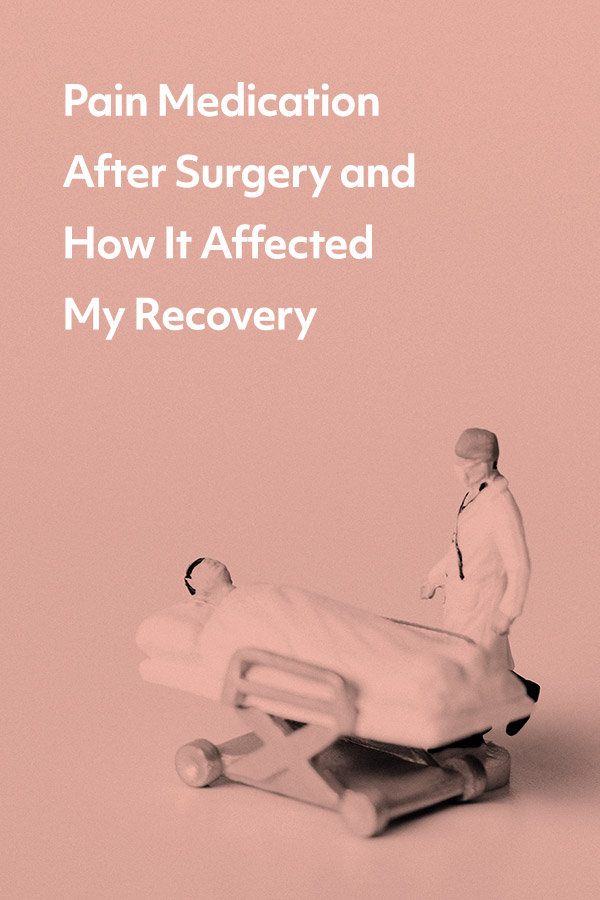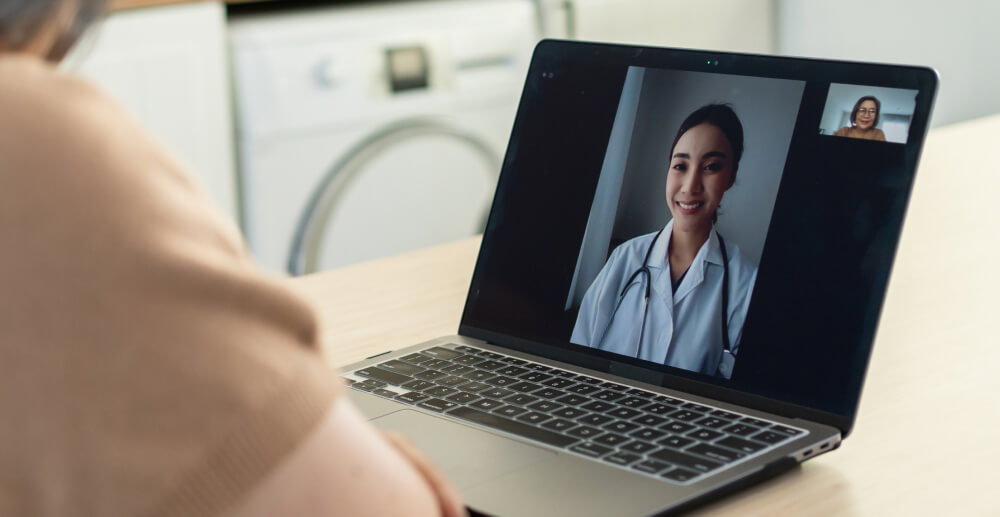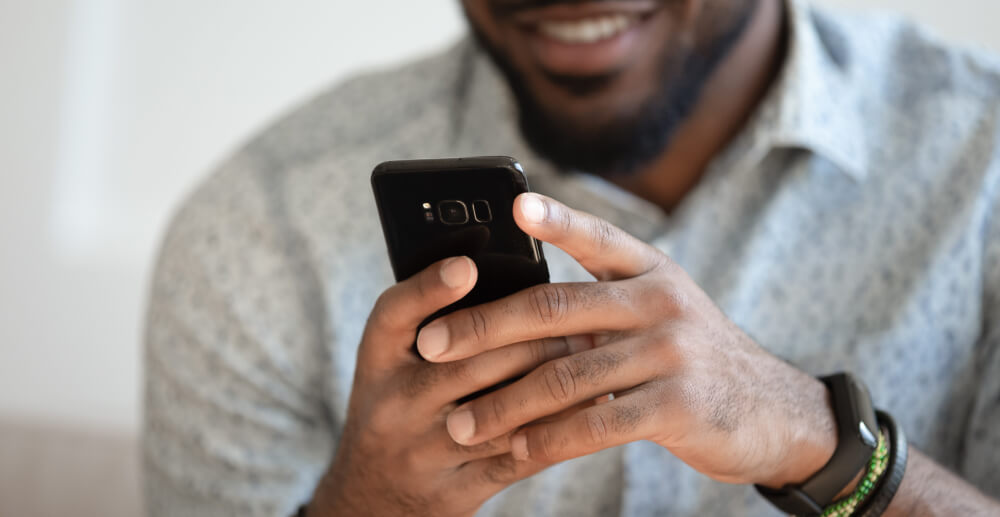My reaction to pain medication after surgery reminded me that recovery is something I cannot do alone.
A “freelapse” is a term in some recovery circles to describe the taking of narcotic medications for a legitimate medical purpose—or, if you live in Los Angeles, plastic surgery.
I’ve always gotten excited about the idea of it—the idea of taking something that I normally wouldn’t and having it not count seemed to be the greatest loophole in sobriety.
Everyone’s recovery is different. Some people are on medications that they need in order to live a life worth living, and others have given up harder substances but still use substances that don’t carry the same negative impact on their life, such as marijuana. I have been part of both those scenarios, and I know that all pathways to recovery are valid. For me, where caution is required is at any point that I will be adding something that isn’t part of my usual repertoire.
The first time I found myself in this position was when I got Ultherapy, a painful, repetitive laser designed to increase collagen. I was too afraid to take the pills offered, and tried to suffer through with just numbing cream. After fifteen minutes, my tears were getting in the way of the laser, so my providers brought in their other option, nitrous oxide.
Mind-altering substances activates my addiction
The minute that gas hit my bloodstream, I changed. Nitrous is a dissociative anesthetic that played a role in my final drinking binge. I started doing it with a friend one night and woke up alone five days later in my apartment, my bed covered in metal nitrous cartridges. It worked for the pain of a procedure that many would say is unnecessary—but hello! I live in Los Angeles; it’s totally necessary.
When the procedure was over, my first thought was that I never wanted to leave the room with the tank again. I live here now, I thought, they cannot take this from me.
But the part of my brain that is recovered knew that if I continued to breathe in that gas after I no longer needed it, I would be in even more danger and guilt.
Driving home that evening, the neon signs on the marijuana dispensary seemed more inviting than usual.
My addiction had been activated. It took about a week for the cravings to go away.
Taking meds as prescribed can still lead me into dangerous territory
More recently, I had surgery to correct the issue that I had been trying to fix with that laser. This treatment required full anesthesia, and pain medication afterward. I would have to sleep on my back, so sleep medication was prescribed. I would have nerve pain, for which I was given a beta-blocker. In all, I had three medications to take the first week that would change the way I felt.
In recovery, we talk a lot about taking things as prescribed. This is great. This is an important conversation. It’s how we are able to take medications at all. We must be able to humble ourselves enough to trust the prescribing doctor rather than our own brain, a brain that will typically, when faced with something it likes, clamor for more.
I went into the surgery with that mindset—as long as I take things as prescribed, I will be okay.
However, taking things as prescribed will not prevent our addictions from being activated.
I am personally grateful that opiate laws have changed, and that there are greater restrictions on these highly addictive substances now. When I was in college, I left my wisdom teeth extraction with a prescription for 30 Percocet 10s plus two refills. When the refills ran out, I was able to take the bottle to my college health center and get it refilled again, weeks and weeks after surgery. I was a young, blond, white girl claiming pain in the early 2000s. They would give me anything.
This time, I was given a prescription for 10 Percocet 5s after actual surgery. After over two and a half years of complete sobriety, taking one pill every six hours relieved my pain—and got me high. That was where things got dangerous. Halfway through my prescription, I was gripped by the terror of running out. I began to compose an email to my doctor about how much pain I was in, how I needed more. I wrote and deleted a line about how I was “taking them as prescribed.” A normal person would never have to point that out.
I have help when I feel this way
I knew I was in trouble and texted friends who are also in recovery to tell them what was going on.
“I’m afraid to run out of pills—and I emailed my doctor for more but I think it’s more in my head than actual necessity—is that normal?”
Once everything that my head was telling me was no longer secret, it began to lose power.
My friends in recovery told me it was totally normal, that it’s just my addiction talking, that I didn’t have to listen to it.
I then learned something that I pray every addict will stay sober long enough to find out—Tylenol and Advil work!
There are so many things my addiction tells me that sound incredibly reasonable until I hear myself say them aloud to another person in recovery.
If you find yourself in the position of needing (for medical reasons) to take mood-changing medications that you don’t normally take, I hope you remember that it is okay for it to be difficult, and that you have people you can talk to without fear of being judged.
It’s one of the great recovery paradoxes: I cannot stay sober without being able to tell people when I want to use.





